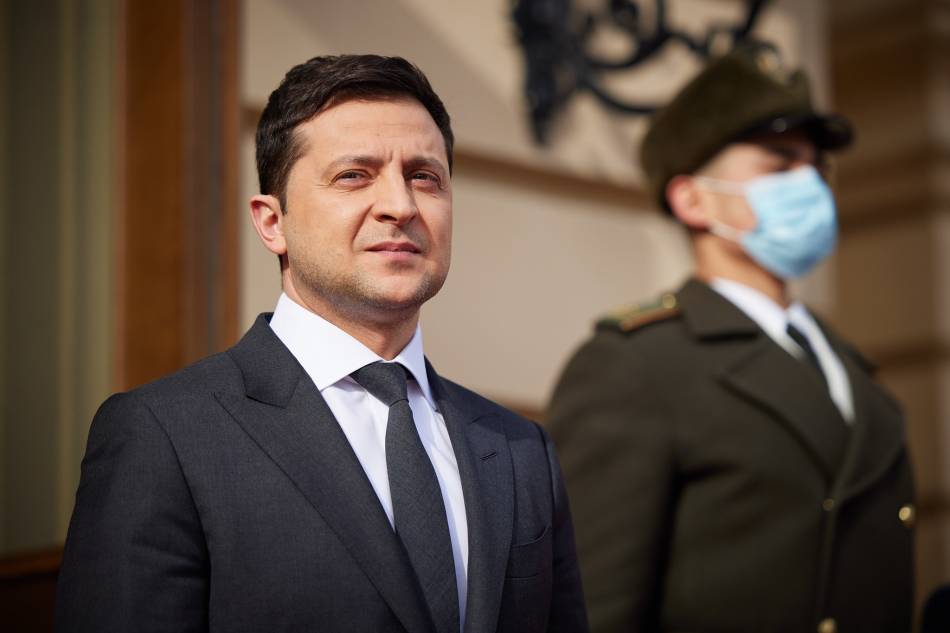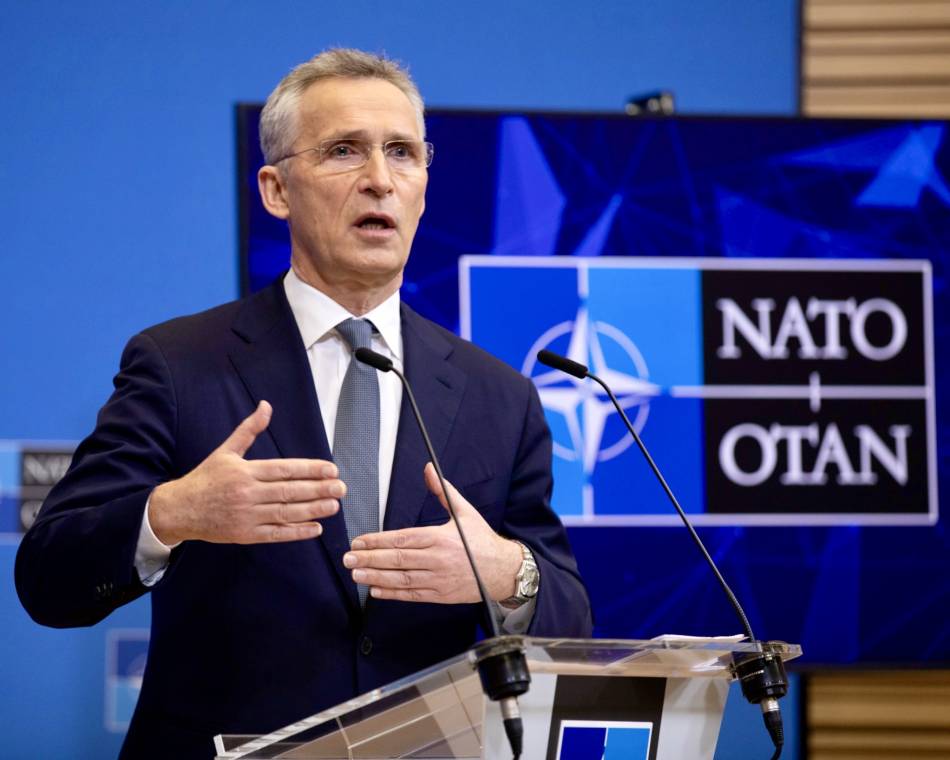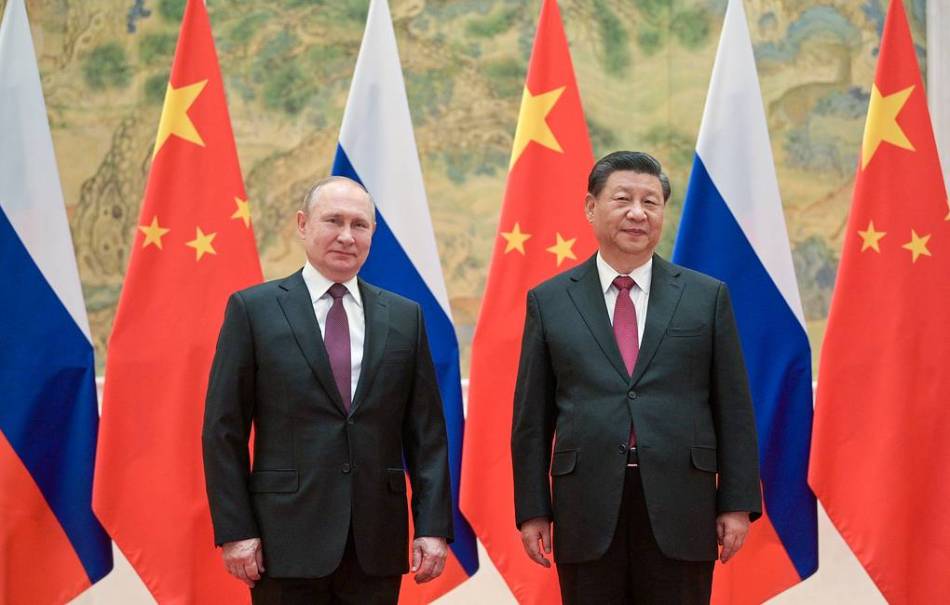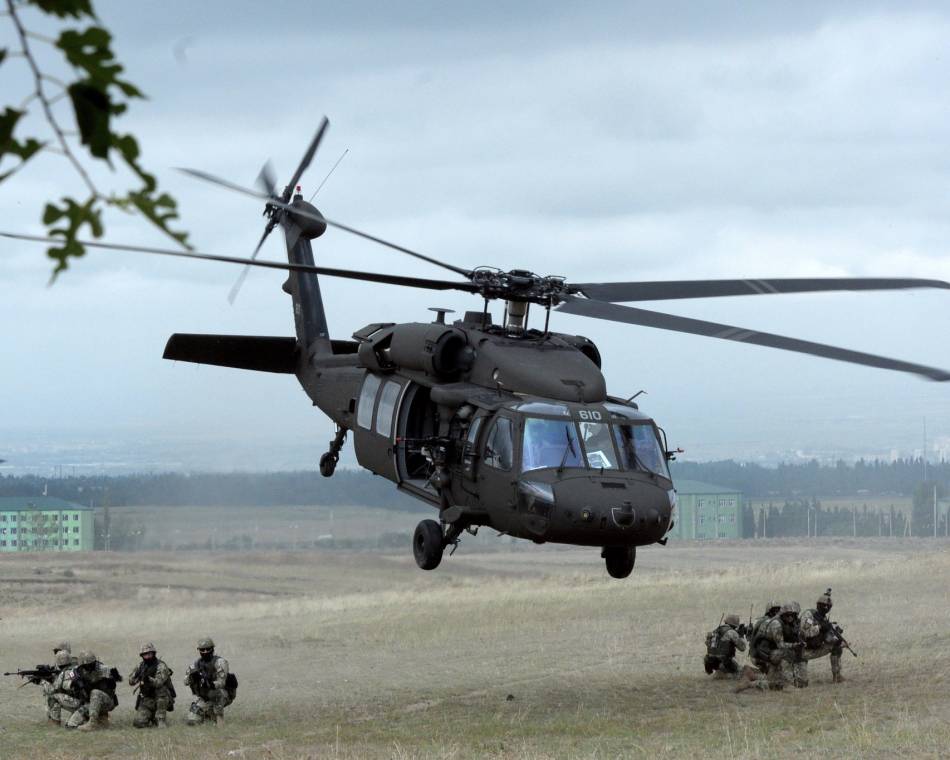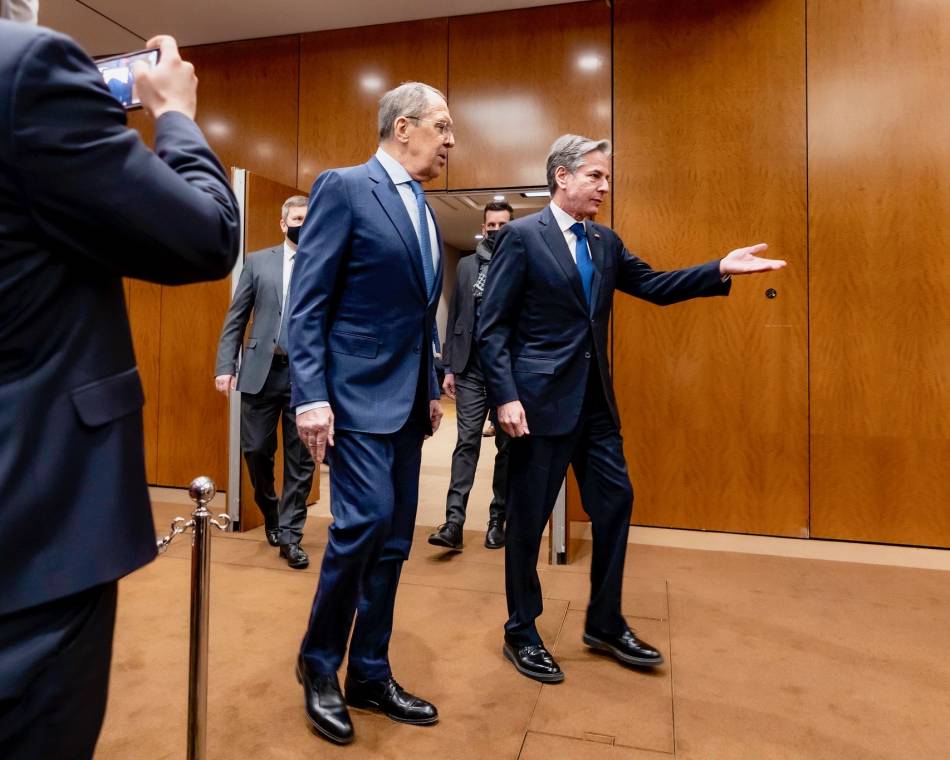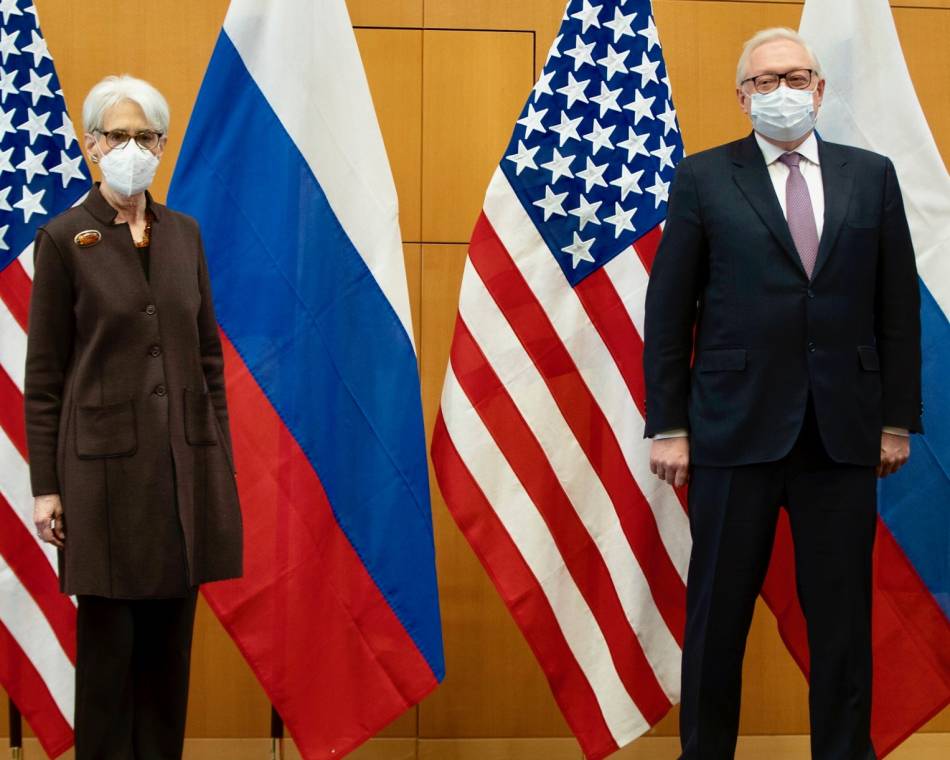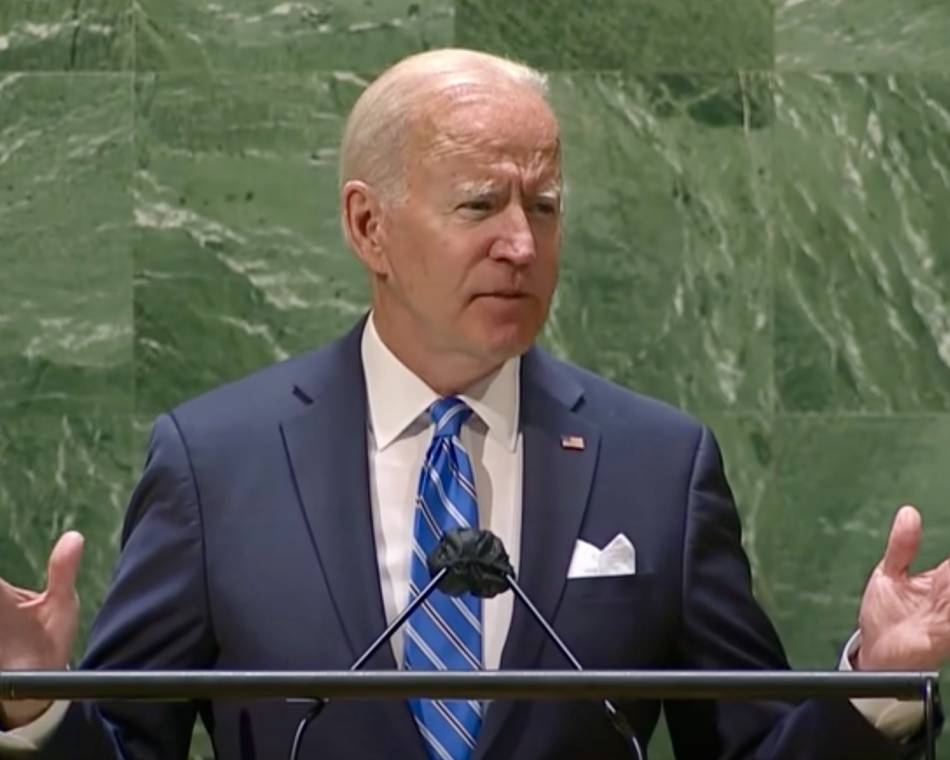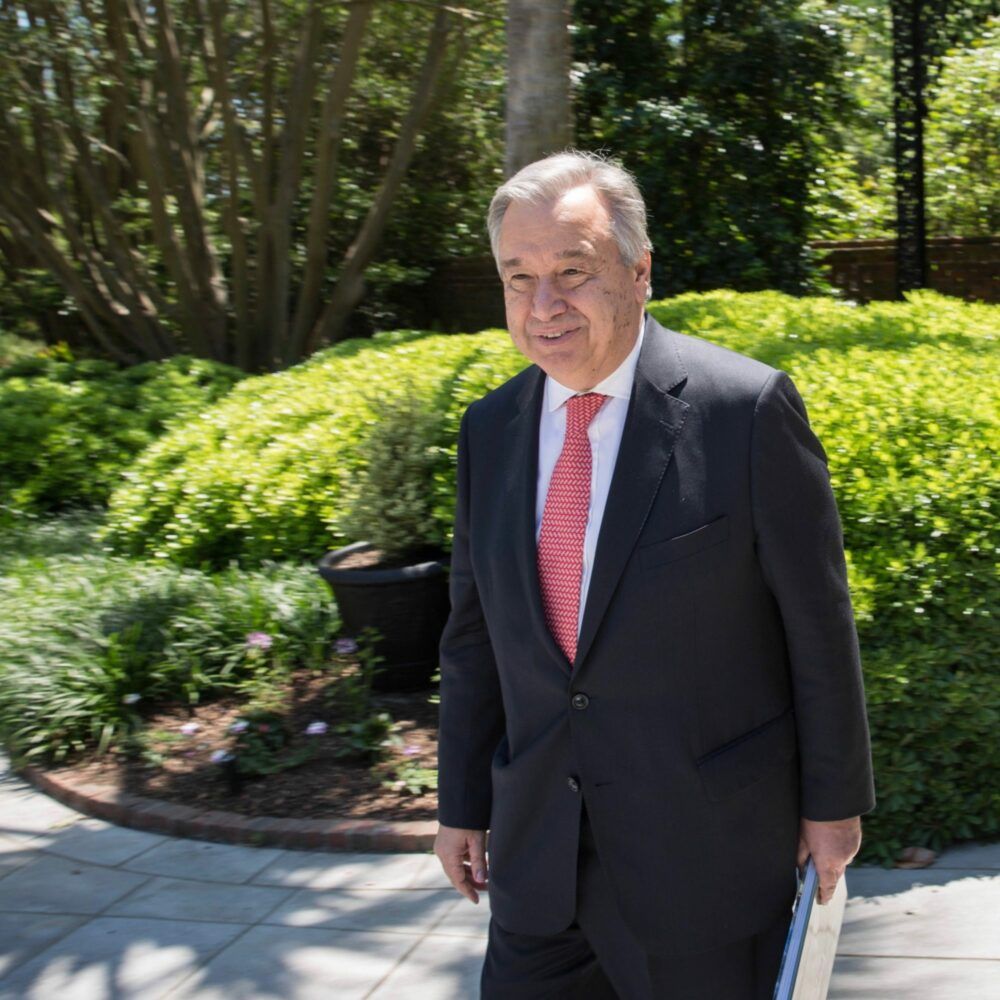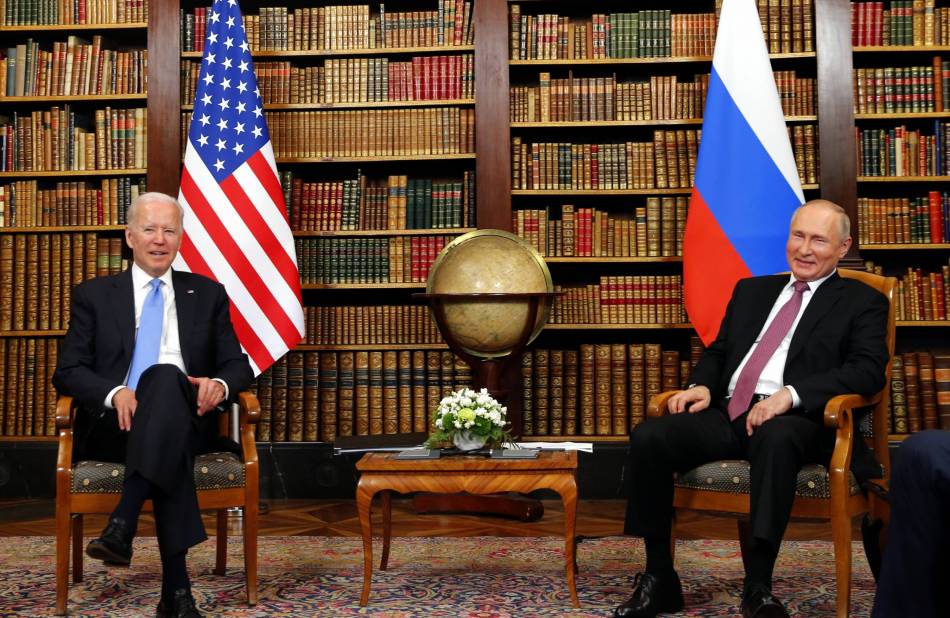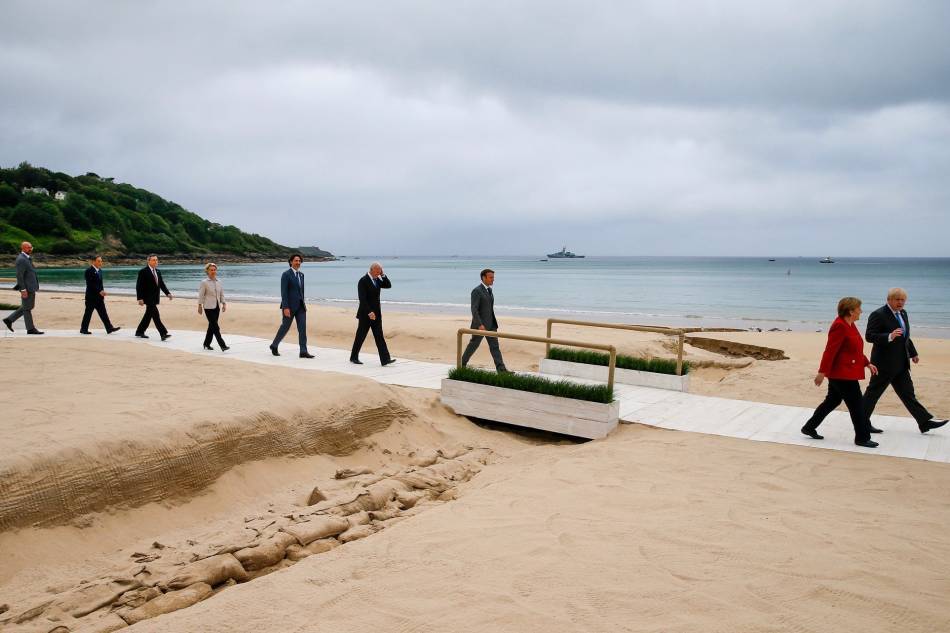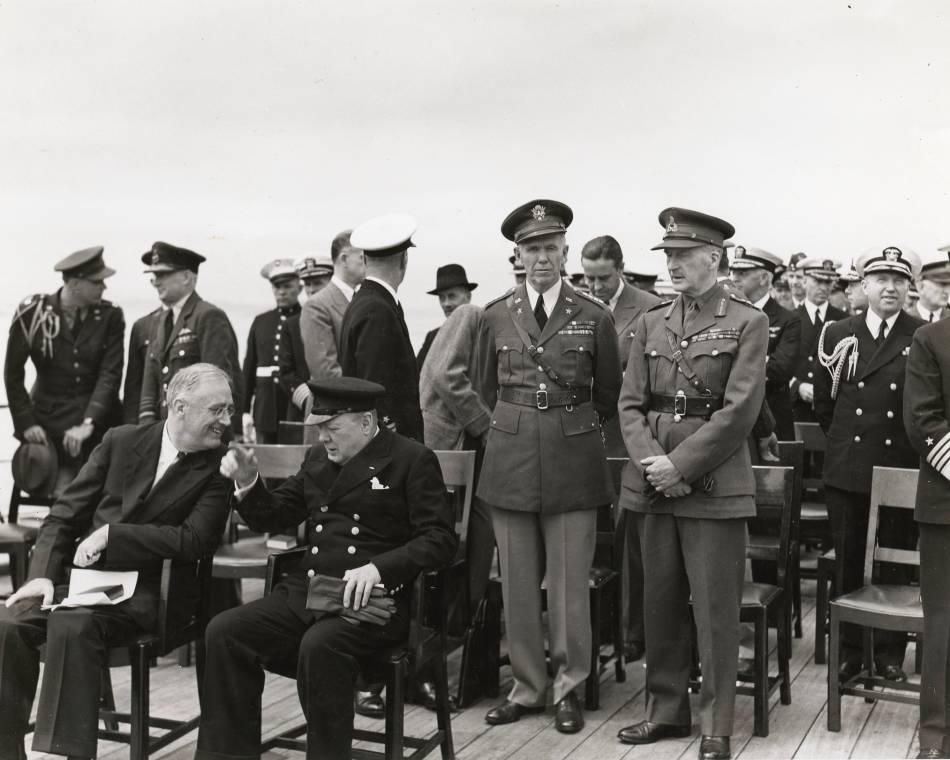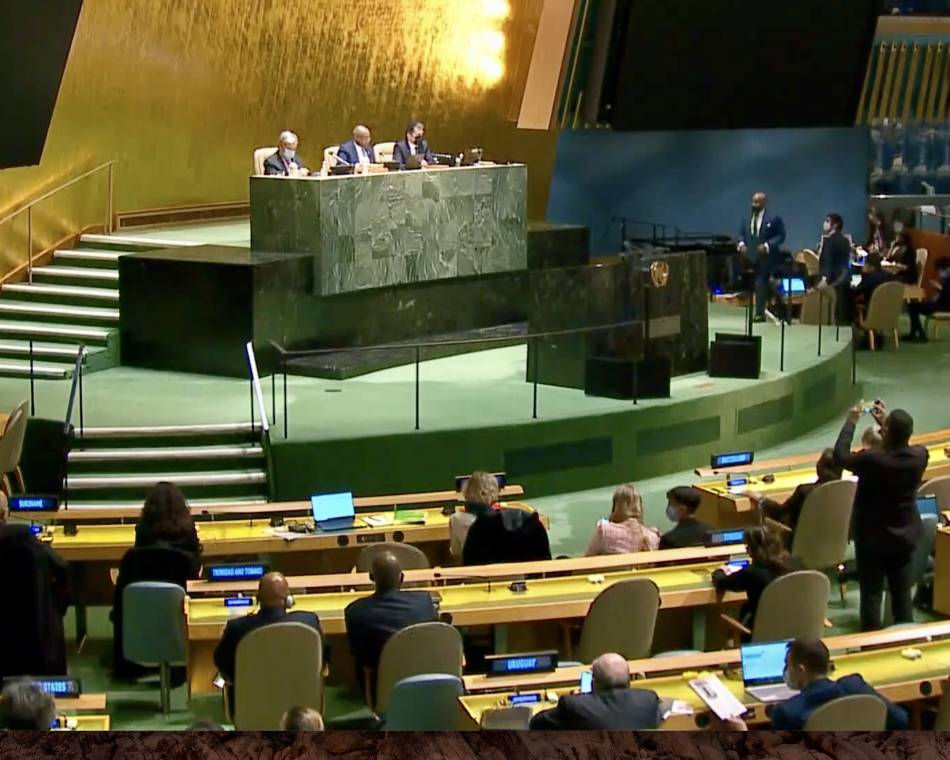
World demands Russia leave Ukraine
The U.N. General Assembly condemned Russia's invasion of Ukraine and demanded that Russian forces halt their offensive on Ukrainian cities and ports.
The world's multilateral efforts to solve global challenges are based on a post-World War II political and economic order that is struggling to navigate the 21st century's multipolarity and rise of authoritarianism: the U.S.-China rivalry, Russia's war in Ukraine, Israel and Hamas, the West's conflicts with North Korea and Iran, the crisis in Afghanistan, coups in Africa, and unrest in the Americas over deep-rooted injustices, biases and inequalities.

Already have an account? Log in
The U.N. General Assembly condemned Russia's invasion of Ukraine and demanded that Russian forces halt their offensive on Ukrainian cities and ports.
Russia's full-scale invasion of Ukraine set off global alarm over a new Cold War and dire challenges to power structures and international organizations.
U.N. Secretary-General António Guterres described Russia's moves in Ukraine as a flagrant defiance of international law and the norms of peacekeeping.
NATO's secretary general said there is no indication that Russia is backing away from possibly invading Ukraine, and the military buildup continues.
The leaders of Russia and China called on NATO to rule out Eastern European expansion and criticized other security blocs around the Asia Pacific region.
Western nations tried pressuring Russia to back off from Ukraine at a U.N. Security Council meeting highlighting the threat of a new Cold War.
U.S. and Russia reported no breakthroughs at talks to defuse the crisis in Ukraine, where 100,000 Russian troops await near its border.
U.S. and Russian diplomats met for talks over Russia's troop buildup by Ukraine, the first in a series of discussions that could be vital to Europe's security.
A sixth round of Syrian talks on a new constitution ended in disappointment at the United Nations in Geneva, three-quarters of a year since the last round.
U.S. President Joe Biden used his first address to the United Nations to reassure other nations his administration is committed to multilateralism.
Calling it "a new phase for peace in Libya," Germany and the U.N. ended a conference with diplomats expressing confidence in Libya's rebuilding.
U.N. Secretary-General António Guterres was re-elected to lead the world body for the next five years, winning the General Assembly's unanimous support.
With U.S.-Russia tensions nearing Cold War-era dimensions, Presidents Biden and Putin used Swiss diplomacy to agree to nuclear talks and other measures.
NATO agreed to address China's military goals along with Russia's aggressiveness at a summit on threats and challenges "from all strategic directions."
The G-7 summit wrapped up with vows to end the pandemic, fight climate change and incorporate U.S. President Biden's pledge to “build back better."
The U.S. and the U.K. signed a "revitalized" version of the 1941 Atlantic Charter to focus on 21st century risks such as cyber attacks and rising temperatures.
